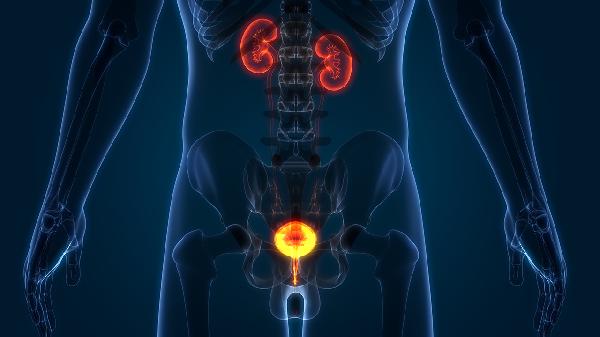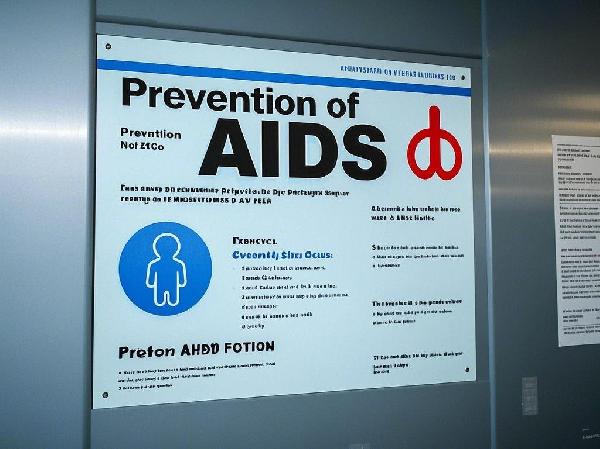Sexuality is a complex and multifaceted aspect of human life, yet it is often misunderstood or oversimplified. Many men, in particular, struggle to articulate what sexual desire and sexual function truly represent. While some may equate sexual function solely with the ability to engage in intercourse, the broader implications of these concepts remain elusive. A common misconception is the conflation of sexual desire and sexual function, which, though related, are distinct phenomena. This article delves into the differences between the two, explores their interplay, and examines the factors that can disrupt their harmony.

Defining Sexual Desire and Function
Sexual desire refers to the psychological craving or longing for sexual activity, while sexual function encompasses the physiological ability to perform sexual acts. A fulfilling sexual experience requires the seamless integration of both desire and function. For many men, these elements coexist harmoniously, allowing them to fully enjoy the pleasures of intimacy. However, others may struggle to align the two, leading to frustration, dissatisfaction, or even dysfunction.
The Disconnect Between Desire and Function
The separation of sexual desire and function is not uncommon and can arise from a variety of factors. Physiological, psychological, and pathological influences all play a role in this dynamic. For instance, adolescents experiencing puberty may develop the physical capacity for erections without fully understanding their emerging sexual desires. Similarly, young adults who engage in self-stimulation may mistakenly fear they are suffering from erectile dysfunction, despite lacking the context of a sexual relationship to validate such concerns.
Age and Sexual Function
As men age, the relationship between sexual desire and function often shifts. Older men may retain a strong desire for intimacy, driven by a deeper appreciation for life and love. However, their sexual function may gradually decline due to natural aging processes or underlying health conditions. This disconnect can lead to feelings of inadequacy or frustration, even when the desire for connection remains strong.
Health and Sexual Function
Certain medical conditions can further complicate the balance between sexual desire and function. Men with chronic illnesses or physical disabilities may experience a strong psychological urge for sexual activity but find their bodies unable to comply. Conversely, individuals with infectious diseases may possess the physical capacity for sex but must suppress their desires to protect their partners. These scenarios highlight the intricate interplay between mind and body in the realm of sexuality.
Psychological Factors
Mental health also plays a significant role in shaping sexual experiences. Stress, anxiety, depression, and relationship issues can all diminish sexual desire or impair function. For example, a man preoccupied with work-related stress may find it difficult to focus on intimacy, while unresolved conflicts with a partner can create emotional barriers to sexual connection.
Navigating the Challenges
Understanding the distinction between sexual desire and function is the first step toward addressing any challenges. Open communication with partners, healthcare providers, or therapists can help men identify the root causes of their concerns and explore potential solutions. Lifestyle changes, such as regular exercise, a balanced diet, and stress management techniques, can also support both physical and mental well-being, enhancing overall sexual health.
The Role of Medical Intervention
In some cases, medical intervention may be necessary to restore the balance between desire and function. Treatments for erectile dysfunction, hormone therapy, or counseling for psychological issues can all play a role in improving sexual health. It is essential for men to seek professional guidance rather than relying on assumptions or self-diagnosis.
Conclusion
Sexual desire and function are deeply intertwined yet distinct aspects of human sexuality. Recognizing their differences and understanding the factors that can disrupt their harmony is crucial for fostering a healthy and fulfilling sexual life. By addressing both the psychological and physiological dimensions of sexuality, men can navigate the complexities of intimacy with greater confidence and satisfaction. Whether through self-reflection, lifestyle adjustments, or professional support, the journey toward sexual well-being is a deeply personal and transformative experience.
























